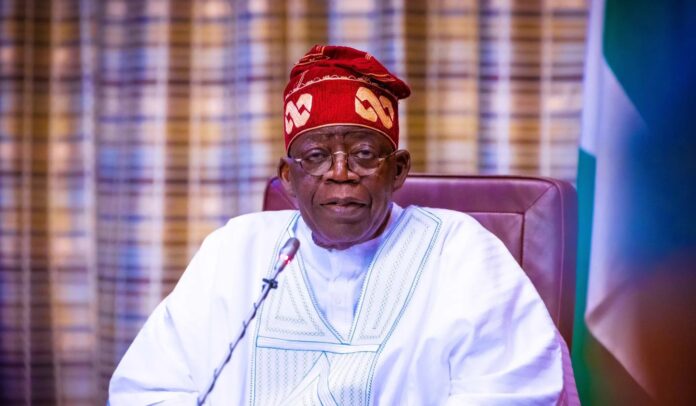President Bola Tinubu has charged the Nigerian Armed Forces to confront insurgents and terrorists with renewed vigour, warning that their objective is to derail his administration’s reforms and plunge the country into economic chaos.
The warning comes at a time when Nigeria continues to grapple with multiple security challenges, ranging from Boko Haram and ISWAP insurgency in the North-East, to banditry and mass abductions in the North-West, separatist agitations in the South-East, and oil theft in the Niger Delta.
These threats, political observers say, have not only drained national resources but also scared away investors, slowed agricultural production and worsened inflation.
Tinubu, represented by Senate President Godswill Akpabio, delivered the message on Saturday at the combined passing-out parade of the 72 Regular Course (Army, Navy and Air Force), Short Service Course and Branch Commission Course of the Nigerian Defence Academy, Kaduna.
This was disclosed in a statement released in Abuja by Akpabio’s Special Assistant on Media, Jackson Udom.
“I will seize this opportunity to draw your attention to the ills of insurgency and other security challenges to our nation. You must remember that the goal of the insurgents and terrorists is to counteract our developmental reforms by creating counter-states.
“Yours is to safeguard the economic and core values of the nation to prevent the collapse of the economy and revitalise the Armed Forces, despite the enemies’ indiscriminate violence and baseless propaganda to orchestrate their threats against the state.
“You must never at any time lose sight of the vision of the founding fathers of our dear nation, irrespective of the multiple complex security challenges facing our nation today,” the President declared.
The President also lauded the NDA for its embrace of technology in training and research, describing it as a crucial step in preparing officers for modern warfare where cyber threats, drones, artificial intelligence and unconventional tactics are increasingly redefining the battlefield.
He praised recent reforms at the Academy, including the overhaul of training curricula to reflect contemporary operational realities.
According to him, the graduating officers were stepping into service at a time when the survival of the Nigerian state and its economy depended heavily on the military’s ability to protect critical assets, farmers, and vital trade corridors.
A total of 472 cadets were commissioned into the Armed Forces—218 into the Army, 135 into the Navy and 119 into the Air Force. Six cadets received awards for exceptional performance in academics, military training and extracurricular activities.
The PUNCH



